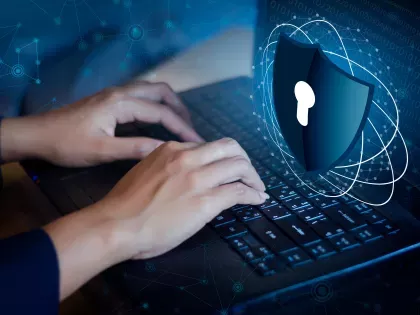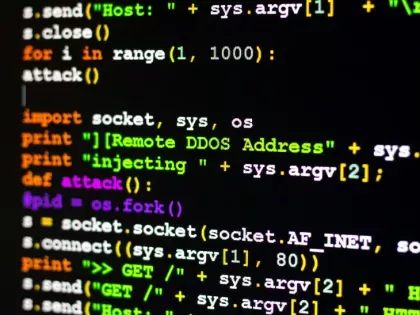Read about the latest cybersecurity news and get advice on third-party vendor risk management, reporting cybersecurity to the Board, managing cyber risks, benchmarking security performance, and more.
Insights blog.

Critical Vulnerabilities Discovered in Automated Tank Gauge Systems
Bitsight TRACE explores several critical vulnerabilities discovered in ATG systems and their inherent risk when exposed to the Internet.

To improve cyber resilience, you must first measure it. Learn the 4 metrics to track to gain insights into your cybersecurity posture.

Curated cyber risk reports are essential to ensuring that security performance management information gets communicated effectively to the right stakeholders across your organization. Of course, reporting falls on a long list of ever-evolving responsibilities for security and risk managers.

While many IT, security, and risk professionals have developed good metrics and visuals for communicating internally about cyber risk, such as the safety cross and pareto charts, reporting on cybersecurity to non-technical individuals remains challenging.

When we talk about cybersecurity events, we often discuss “the three principles of security” — which can be abbreviated as “CIA”:

Quantitative risk assessments in cybersecurity draw on data and analytics to help you understand the probability of risk and inform strategic management decisions.

The Bitsight Ratings Tree gives you insight into the different portions of your business to identify gaps and weaknesses in your program performance.

Your attack surface is expanding everyday. Learn how external attack surface management can help you understand what you’re up against and inform remediation.

As the digital transformation of enterprises continues to accelerate, cyber risk remains a top concern for business leaders. But cyber risk is often thought about in technical terms as opposed to business terms — making it more important than ever for security leaders to educate their board and other non-technical stakeholders on what cyber risk really means to their organization.

Cybersecurity readiness is the ability to identify, prevent, and respond to cyber threats.

Your IT department spends a great deal of time distributing security information and maintaining your organization’s internal security processes. Unfortunately, a persistent threat, deemed shadow IT, is still making its way into your organization’s network.

As cyber threats evolve and business models change, maintaining a mature cybersecurity program can be challenging. You need to be confident that your organization’s current security tools and techniques are effective.

Security professionals have an ambitious goal to prevent the majority of cyber attacks. Bitsight's Control Insights lets you consistently and reliably measure the effectiveness of security controls.

How cybersecurity leaders can manage an expanding attack surface, increasing vulnerabilities, and growing demands from stakeholders.

We all know threat detection is important, but what exactly is it, and why is it so hard to do effectively? In light of recent cyber attacks on U.S. infrastructure and the ongoing threat from the group behind the SolarWinds breach, these questions loom large.

A single unauthorized device being used on your network. An unsanctioned application someone’s accessing from their non-secure home PC. A small vendor with a seemingly insignificant vulnerability.